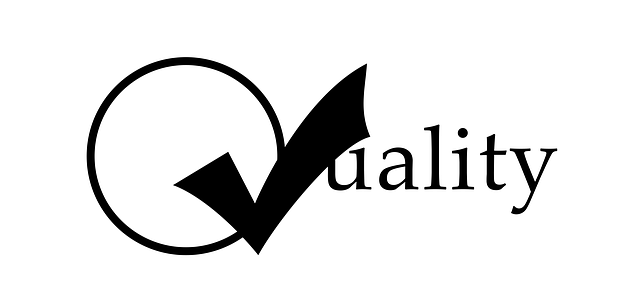UK organizations must adhere to stringent Quality Assurance (QA) standards to ensure product and service integrity, a requirement that extends to accurate translation of QA documentation for multilingual teams. This is particularly important for companies operating in regulated industries such as pharmaceuticals and digital services, where compliance with UK regulatory bodies like the MHRA and OPSS is essential. Specialized translation services for UK QA Documentation play a pivotal role in this process by providing linguistically and technically precise translations that align with both local legal mandates and international standards, thereby maintaining quality and safety globally. These services are indispensable for UK businesses looking to navigate foreign markets, as they ensure that QA manuals and protocols meet regional standards and regulatory requirements, facilitating market penetration and international collaborations. By leveraging the expertise of translators who are knowledgeable in both the relevant language and the QA domain, and by employing translation technology and quality control measures compliant with ISO 17100 standards, these services help preserve the integrity of UK QA documentation across different linguistic contexts, ensuring stakeholders worldwide have access to critical safety and compliance information. This commitment to precision in translation is crucial for maintaining a uniform QA framework globally and upholding the reputation of UK-based QA documentation on an international level.
Navigating the complexities of UK Quality Assurance (QA) standards is pivotal for businesses aiming to deliver products that meet both regulatory expectations and consumer trust. This article dissects the critical aspects of compliance within QA manuals, emphasizing the role of translation services in ensuring that these documents align with industry standards. We explore the necessary standards for UK QA documentation, pinpoint common areas of non-compliance, and provide actionable strategies to maintain a compliant manual. By leveraging expert translation services for UK Quality Assurance Documentation, organizations can bridge language barriers and uphold their commitment to quality.
- Understanding the Necessity of Compliance in UK QA Manuals
- Key Industry Standards for UK Quality Assurance Documentation
- The Role of Translation Services in QA Documentation Compliance
- Identifying Non-Compliant Areas in UK QA Manuals
- Strategies for Achieving and Maintaining Compliance in UK QA Manuals
- Utilizing Expertise to Ensure QA Manual Compliance Through Translation Services
Understanding the Necessity of Compliance in UK QA Manuals
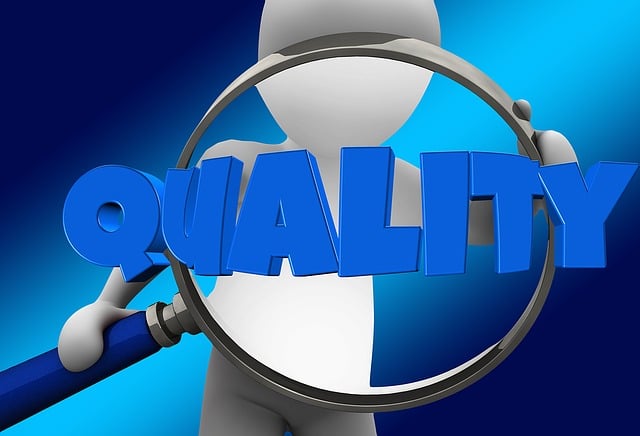
In the realm of UK Quality Assurance, compliance with industry standards is not just a guideline but a critical component that underpins the integrity and reliability of products and services. The necessity of adherence to these standards is paramount, as it ensures that QA processes are consistent, effective, and reliable across all sectors, from pharmaceuticals to digital services. For organisations operating within the UK, maintaining compliance with relevant regulatory bodies such as the Medicines and Healthcare products Regulatory Agency (MHRA) or the Office for Product Safety and Standards (OPSS) is a non-negotiable aspect of their operational framework. This is where translation services for UK Quality Assurance Documentation play an indispensable role. They facilitate the accurate communication of QA procedures across multilingual teams, ensuring that every stakeholder, regardless of linguistic background, has access to and understands the critical guidelines and protocols outlined in these manuals. The translations must not only be linguistically precise but also technically accurate, reflecting the nuances and specificities inherent in QA documentation. By doing so, companies can navigate the complexities of international compliance, ensuring that their QA manuals align with both local legislation and global industry standards, thereby safeguarding the quality and safety of their products and services on a global scale. In essence, the use of professional translation services for UK Quality Assurance Documentation is an essential aspect of maintaining a competitive edge in a market that demands nothing less than excellence in quality and compliance.
Key Industry Standards for UK Quality Assurance Documentation
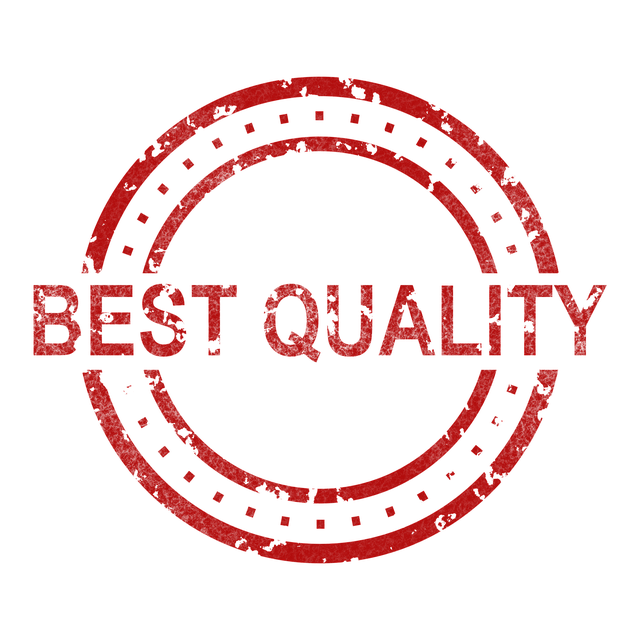
Within the United Kingdom, adherence to industry standards is paramount in ensuring that Quality Assurance (QA) documentation upholds the highest levels of quality and reliability. Key industry standards for UK QA documentation include ISO 9001, which outlines the criteria for a comprehensive quality management system, and ISO/IEC 17025, which specifically addresses the requirements for testing and calibration laboratories. These standards ensure that QA processes are consistently delivering products and services that meet regulatory and customer expectations. Additionally, UK organisations must consider the Medical Device Regulation (MDR) and In Vitro Diagnostic Regulation (IVDR), particularly relevant for medical device and IVD companies, which mandate robust QA systems to guarantee safety and performance.
For businesses operating in international markets, translation services play a crucial role in ensuring that UK QA documentation complies with industry standards across different regions. Accurate translations of QA manuals and protocols are essential for global market entry, as they facilitate understanding and compliance within the local regulatory framework. Translation services specialising in technical and quality assurance documentation can bridge language barriers while preserving the integrity of the original content. This is particularly important when UK companies expand their operations abroad or collaborate with international partners, ensuring that all stakeholders have access to QA information that is both precise and compliant with local standards.
The Role of Translation Services in QA Documentation Compliance
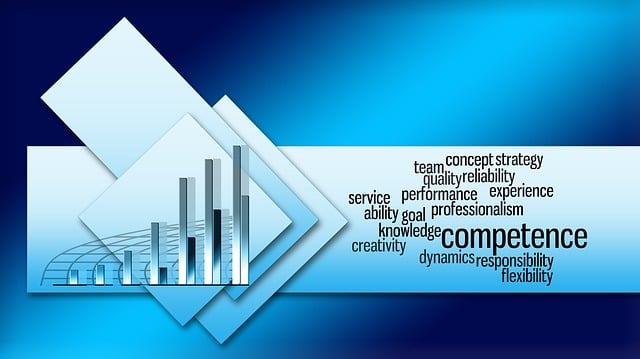
In the realm of Quality Assurance, documentation compliance is paramount to ensure that products and services adhere to the highest industry standards. As UK companies often operate on a global scale, their QA documentation must be accessible and accurate in multiple languages. Here, translation services for UK Quality Assurance documentation play a pivotal role. These specialized services not only convey the technical content accurately but also ensure that the nuances of quality assurance processes are preserved across different linguistic barriers. The translators, who are typically well-versed in both the language and the QA domain, employ advanced translation tools and follow stringent quality control processes to maintain compliance with international standards such as ISO 17100 for translation services. This level of precision is crucial for companies that wish to maintain a consistent quality assurance framework across all locations where their products or services are offered. By leveraging these translation services, UK QA manuals can be made compliant with industry standards in various languages, ensuring that all stakeholders, regardless of their linguistic background, have access to the necessary information for safety, compliance, and quality assurance. This not only facilitates international collaboration but also upholds the integrity and reliability of UK-based QA documentation on a global scale.
Identifying Non-Compliant Areas in UK QA Manuals
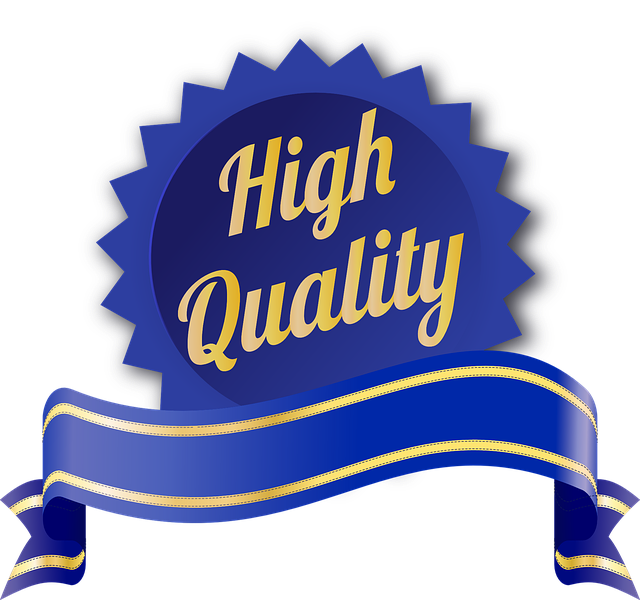
Maintaining compliance with industry standards is a critical aspect of UK Quality Assurance (QA) manuals, ensuring that they adhere to the highest levels of quality and integrity. As such, identifying non-compliant areas within these documents is essential for continuous improvement and adherence to regulatory requirements. Organizations often utilize specialized translation services for UK QA documentation to ensure clarity and accuracy across different languages and regions. This process not only facilitates understanding among global teams but also ensures that all translations meet the stringent standards set forth by relevant industries.
When non-compliant areas are pinpointed, it is imperative to address them promptly and effectively. This involves a systematic review of the QA manual against the latest industry standards, such as ISO 9001, ISO/IEC 17025, and GxP guidelines, depending on the specific sector. The use of specialized software and expertise can aid in this process by comparing the content with databases of compliant standards, highlighting discrepancies, and suggesting necessary amendments. By leveraging these tools and services, organizations can ensure that their QA manuals are not only compliant but also reflective of the most current best practices within the industry.
Strategies for Achieving and Maintaining Compliance in UK QA Manuals

To maintain compliance within UK Quality Assurance (QA) manuals, organizations must implement a robust set of strategies that encompass both initial alignment and ongoing updates. A pivotal step in this process is to ensure that all QA documentation is not only clear and concise but also accurately reflects the latest industry standards. This necessitates a meticulous approach to the creation and translation services for UK QA Documentation, where every detail must be precise to prevent misunderstandings or deviations from compliance. Establishing clear protocols for regular reviews and updates, in tandem with expert translation services that cater specifically to QA terminology, is essential. These protocols should be integrated into the operational workflow to ensure that any amendments to international standards are promptly incorporated into the manuals. Additionally, leveraging specialized QA translation services helps overcome language barriers and ensures that the nuances of quality assurance practices are preserved across different linguistic contexts. By doing so, organizations can be confident that their QA manuals remain in step with industry requirements, thereby upholding the integrity of their processes and products. Regular training for staff on the proper use of these manuals is also crucial, as it fosters a culture of compliance and excellence within the organization. This commitment to continuous improvement and adherence to standards not only enhances product quality but also bolsters customer trust and satisfaction.
Utilizing Expertise to Ensure QA Manual Compliance Through Translation Services
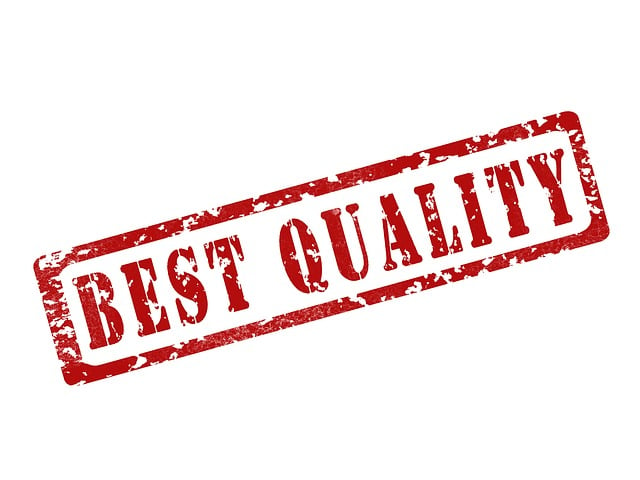
In the UK, maintaining compliance with industry standards within Quality Assurance (QA) manuals is not just a legal requirement but also a cornerstone of operational excellence. To ensure that UK QA documentation aligns with the highest industry standards, leveraging expertise in translation services becomes imperative, especially for organisations operating in multilingual environments or those looking to expand into international markets. These translation services are specialized in converting QA documentation from English into other languages and vice versa, while preserving the technical accuracy and regulatory compliance inherent in such documents. The translators, often with a background in quality assurance or relevant scientific fields, bring a deep understanding of both language nuances and industry-specific terminology, which is critical for maintaining the integrity of QA manuals. This expertise ensures that all translated materials accurately reflect the original content’s intent and regulatory compliance, thereby upholding standards across different linguistic regions and facilitating seamless communication within global supply chains. Utilizing such translation services not only enhances compliance but also supports businesses in navigating the complex landscape of international quality assurance regulations effectively.
UK organizations operating within the quality assurance domain must rigorously adhere to industry standards to ensure the integrity and reliability of their products and services. This article has delineated the critical aspects of compliance in UK QA manuals, from recognizing the necessity of adherence to key standards, to leveraging expert translation services for UK Quality Assurance Documentation to address multilingual requirements. It has also highlighted the importance of regularly reviewing and updating these documents to maintain compliance. By implementing strategic measures and utilizing specialized translation services for UK QA documentation, companies can not only meet but exceed industry benchmarks, safeguarding their reputation and ensuring operational excellence. In conclusion, compliance is not just a standard to achieve—it is an ongoing commitment that underscores the quality and reliability of UK QA manuals in the global marketplace.
